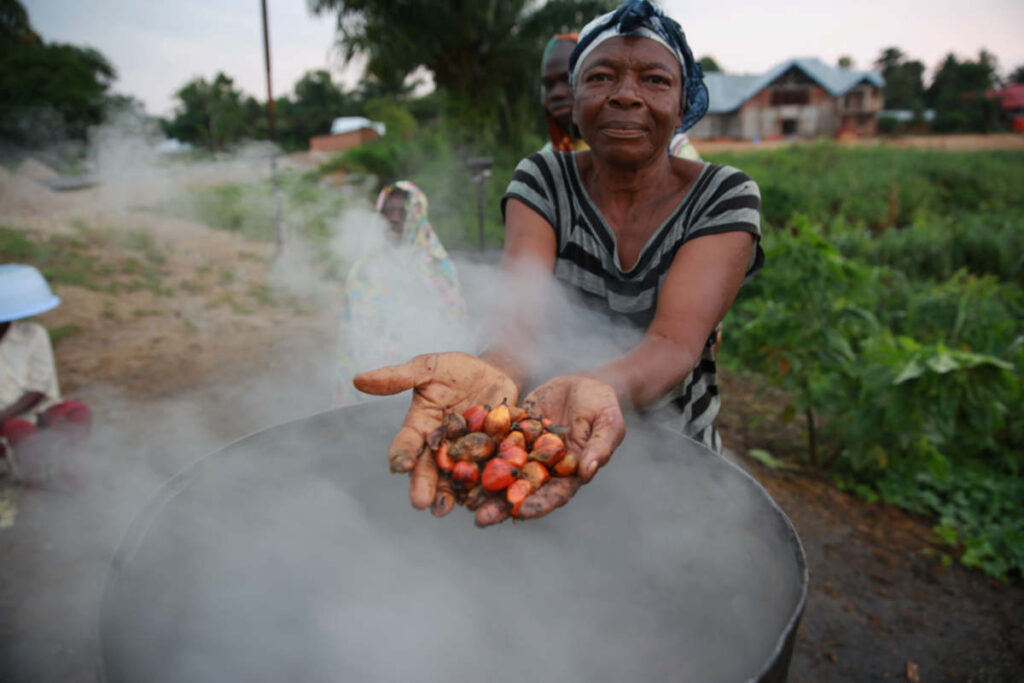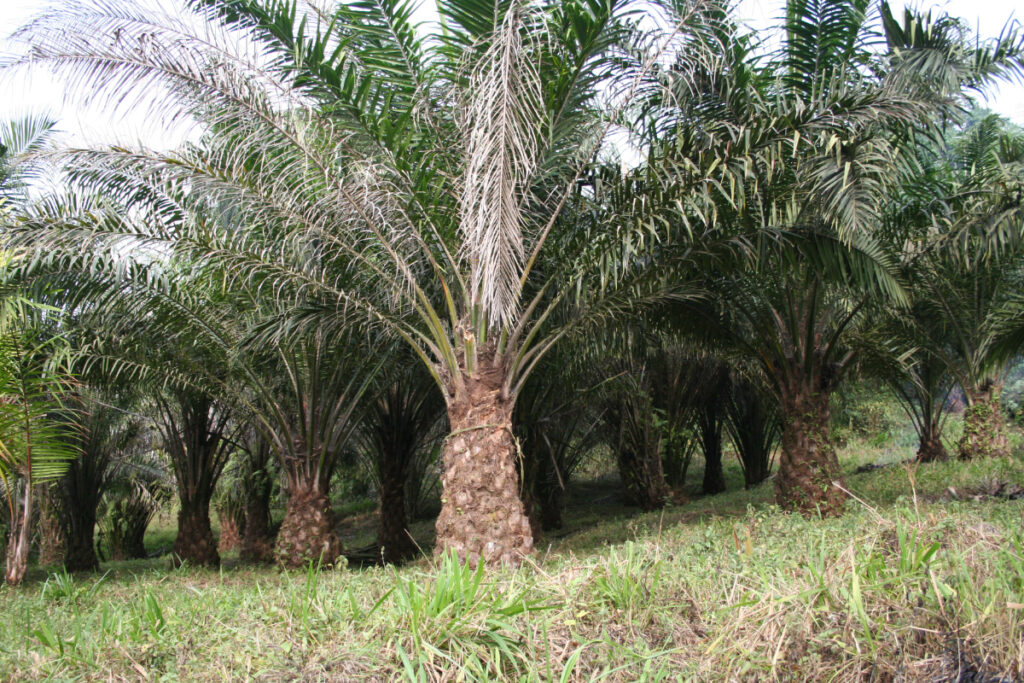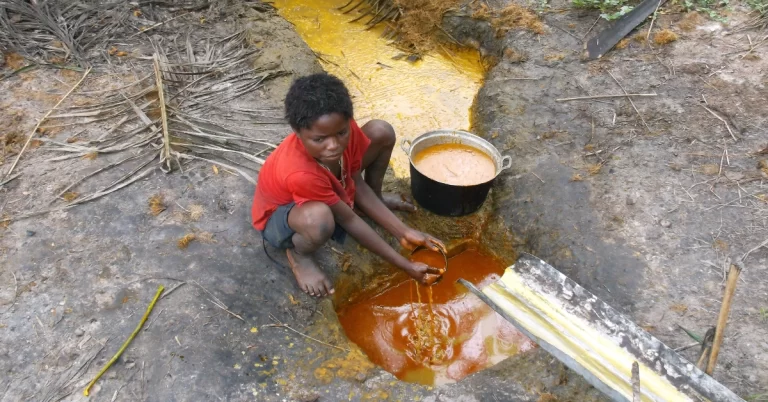Questions for Community Action
Preamble: Understanding Our Role in the Palm Oil Crisis
The palm oil crisis represents a complex intersection of consumer demand, industrial food production, and environmental impact. As consumers in developed nations, our appetite for affordable, convenient, and shelf-stable processed foods has directly fuelled the expansion of palm oil plantations across the tropics. Palm oil has become ubiquitous in our food system precisely because it meets our desires: it’s incredibly efficient to produce (yielding 4-10 times more oil per acre than other vegetable oils), has a long shelf life, and provides the creamy texture and consistency we’ve come to expect in everything from ice cream to crackers.
Our collective demand for inexpensive processed foods has created a market where manufacturers prioritise cost-cutting over sustainability. Palm oil offers an economical solution that keeps prices low while maintaining product quality and appearance. However, this affordability comes at a devastating environmental cost that remains largely invisible to us at the checkout counter.
The rapid expansion of palm plantations in Indonesia, Malaysia, and beyond has led to the destruction of millions of hectares of biodiverse rainforest, threatening endangered species, displacing indigenous communities, and releasing massive amounts of carbon into the atmosphere. Yet our disconnection from these distant production landscapes makes it easy to overlook our participation in this system.
As Christians called to steward God’s creation (Genesis 2:15) and pursue justice (Micah 6:8), we must recognise that our consumption patterns have real consequences for both people and the planet. The palm oil crisis invites us to examine how our desire for convenience and low prices may conflict with our call to care for creation and love our neighbours—even those we cannot see.

Questions for Personal and Community Action
- How can we honestly assess the ways our desire for cheap, convenient foods has contributed to environmental problems like palm oil deforestation?
- What would it mean for our households to prioritise ethical food sourcing over price and convenience, and what practical steps could help us make this transition?
- How can we reframe our understanding of “value” in food beyond just price to include environmental and social impacts?
- What locally-produced, whole food alternatives could our community embrace that would reduce our dependence on processed foods containing palm oil?
- How might our church community model a different relationship with food that values sustainability over convenience or low cost?
- What educational initiatives could we develop to help congregation members understand the true cost of inexpensive processed foods?
- How can we support members of our community with limited food budgets in making more sustainable choices without creating financial strain?
- What collective purchasing arrangements (like buying clubs or co-ops) could our church establish to make sustainable alternatives more affordable?
- How can we engage in dialogue with local food retailers about offering more sustainable options at competitive prices?
- What spiritual practices might help us develop contentment with simpler foods that have a lighter environmental footprint?
- How can our church’s hospitality and communal meals demonstrate that sustainable food choices can be both delicious and accessible?
- What would a church commitment to “true cost” food purchasing look like, where we willingly pay more to ensure environmental and social sustainability?




